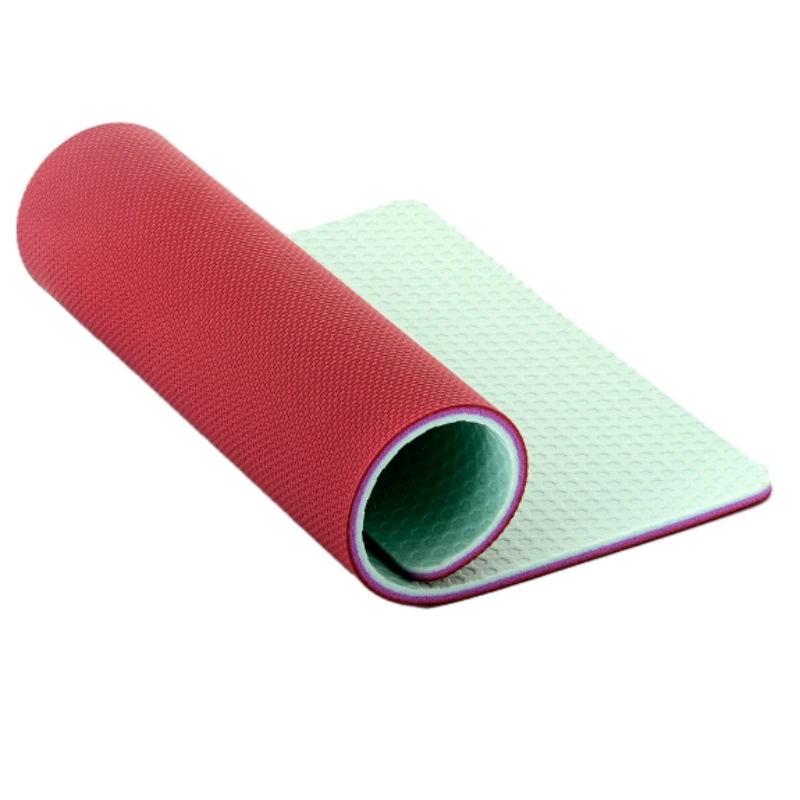- Afrikaans
- Arabic
- Belarusian
- Bengali
- Croatian
- Czech
- Danish
- Dutch
- English
- Estonian
- Finnish
- French
- Georgian
- German
- Greek
- hawaiian
- Hungarian
- Indonesian
- irish
- Italian
- Japanese
- kazakh
- Khmer
- Korean
- Kyrgyz
- Lao
- Latin
- Macedonian
- Malay
- Mongolian
- Myanmar
- Norwegian
- Persian
- Polish
- Portuguese
- Romanian
- Russian
- Serbian
- Spanish
- Swedish
- Tagalog
- Thai
- Turkish
- Turkmen
- Ukrainian
- Urdu
- Uzbek
- Vietnamese
- Zulu
Understanding Expenses for Commercial Flooring Installation and Maintenance
Understanding Commercial Flooring Costs A Comprehensive Guide
When it comes to updating or renovating commercial spaces, flooring is one of the most significant aspects to consider. It not only contributes to the aesthetic appeal of the space but also affects functionality, safety, and maintenance costs. Understanding the various factors that influence commercial flooring costs can help businesses make informed decisions. This article will explore the key components that determine these costs and provide insights for effective budgeting.
Types of Commercial Flooring
The type of flooring chosen significantly impacts the overall cost. Various materials come with different price points and their respective advantages
1. Carpet Tiles Often favored for offices, carpet tiles typically cost between $4 to $8 per square foot, depending on the quality and brand. They offer comfort and sound insulation but may require more maintenance than hard surfaces.
2. vinyl Flooring Vinyl is a popular option for its durability and resistance to moisture. The cost can range from $2 to $5 per square foot. Luxury vinyl tiles (LVT) can be more expensive but provide a high-end look.
3. Laminate Flooring This option offers an attractive appearance resembling hardwood at a lower cost, around $1.50 to $5 per square foot. It is essential to consider that while laminate is cost-effective, it may not be as durable as other options.
4. Hardwood Flooring Although hardwood provides an elegant and professional look, it is one of the pricier options, costing between $5 to $10 per square foot. It requires ongoing maintenance and is not as moisture-resistant, making it suitable for specific environments.
5. Concrete Flooring Concrete can be an economical choice if the existing subfloor is usable. Costs generally range from $2 to $4 per square foot, and polished concrete can add about $3 more per square foot for a finished look.
6. Ceramic or Porcelain Tile These materials are highly durable and moisture-resistant, making them suitable for high-traffic areas. However, costs can vary widely, ranging from $5 to $15 per square foot depending on the quality and design.
commercial flooring cost

Additional Cost Factors
Beyond the materials themselves, several factors affect the total cost of commercial flooring projects
1. Installation Costs Labor costs can vary considerably based on location and the complexity of the installation. Generally, installation can add anywhere from $2 to $5 per square foot. Specialized installations, like those for intricate tile patterns or custom designs, may cost significantly more.
2. Subfloor Preparation Often overlooked, preparing the subfloor is necessary for ensuring longevity and performance of the new flooring. If significant repairs are needed, this can add additional costs.
3. Design and Customization Customization can elevate a flooring project’s cost. Unique patterns, colors, and other design elements might require specialized materials or labor.
4. Maintenance Costs Some flooring options require more maintenance, leading to ongoing costs. For example, carpet needs regular cleaning and may have a shorter lifespan than hard surfaces, influencing long-term budgeting.
5. Traffic Levels High-traffic areas necessitate more durable materials which might elevate initial costs. Choosing the correct type of flooring for its intended use is crucial for minimizing wear and prolonging replacement intervals.
Conclusion
In summary, commercial flooring costs can vary significantly based on material choice, installation complexities, maintenance needs, and specific project requirements. Businesses need to evaluate both initial expenditures and long-term implications when selecting flooring options. By understanding these cost components, organizations can better allocate their budgets and choose flooring that aligns with their operational needs and aesthetic goals.
Investing time in research and consultation with flooring professionals can help create a solution that balances cost, functionality, and style. Whether it’s for a sleek office environment or a robust retail space, the right flooring choice can significantly impact both the functionality and impression of your commercial space.
-
Benefits of PP Interlocking Floors for Gym SpacesNewsJul.08,2025
-
Durability Testing for Interlocking Sports Floor TilesNewsJul.08,2025
-
Overview of Tennis Court Flooring MaterialsNewsJul.08,2025
-
Portable Basketball Floor SystemsNewsJul.08,2025
-
Eco-Friendly Badminton Court Flooring OptionsNewsJul.08,2025
-
Durability Testing for PVC Floor Mat RollsNewsJul.08,2025
-
Top Materials Used in Tennis Court FlooringNewsJul.03,2025

